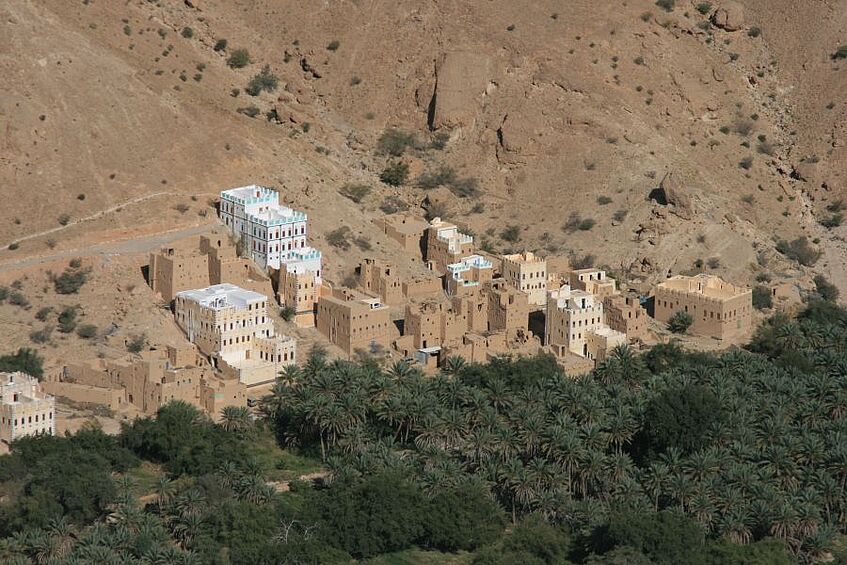Oriental Studies (Bachelor)

© Stephan Procházka
The bachelor’s programme in Oriental Studies aims at providing an academic pre-professional education. Students achieve a range of educational goals, including: profound knowledge of the complex historical, cultural, social and linguistic realities of the Middle East as well as North Africa and Central Asia; basic knowledge of work in historical and philological disciplines; introduction to a selected Oriental language (Arabic, Babylonian or Turkish); competences in interdisciplinary cooperation and intercultural communication; and ability to critically evaluate different media.
Bachelor of Arts
Degree Programme Code: 033 600
6 semesters / 180 ECTS credits (including 30 ECTS credits of extension curricula)
Laguage: German
Compulsory Online-Self-Assessment (in German)
Facts & Figures
- Students: n.a.
- Graduates in the last academic year: n.a.
- Number of semesters needed for graduation (median): n.a.
Data updated on: 03.12.2024
Attention
Instruction Language German
Please note that the instruction language of this programme is German. To start the degree programme, you need to hold a certificate of German proficiency on C1 level.
Admission Procedure
Study programme
Following the Introductory and Orientation Period (STEOP), students have to complete the group of compulsory modules Middle Eastern Studies and a group of alternative compulsory modules, part of which is a specialisation in either Ancient Near Eastern Philology and Archaeology, Arabic and Islamic Studies, or Turkish Studies. To successfully complete the programme, students have to write two bachelor’s theses.
Five concepts
which you will deal with during your studies:
- Cuneiform script
- Mesopotamia
- Cultures influenced by Islam
- Arabic dialects
- Ottoman Empire
... and many more.
Overview of the programme structure & topics
Here you find the current offer of courses for this programme to gain better insight into the topics and structure. For more information please click on the respective level.
After Graduation
Graduates are qualified to pursue a career in the following occupational fields:
- integration and development cooperation
- participation in academic research and educational institutions
- activities at museums
- adult education
- tourism
- media
- international organisations.
Additionally, they are well prepared for work in other occupational fields that require profound knowledge of the cultural area defined above. During their studies, students have also acquired the necessary ability to use the most important modern technologies and media applied in the field and critically discuss them.
Graduates' Perspective on the Degree Programme
Graduates ...
- say that this degree programme receives the grade: 2.2 (good)
- rate the level of difficulty as: 3.5 (appropriate)
→ These results are basd on feedback from 34 graduates.
*You can find further assessments of the degree programme from its graduates’ perspective in the graduate survey of the bachelor’s programme in Oriental Studies graduation survey (in German).

